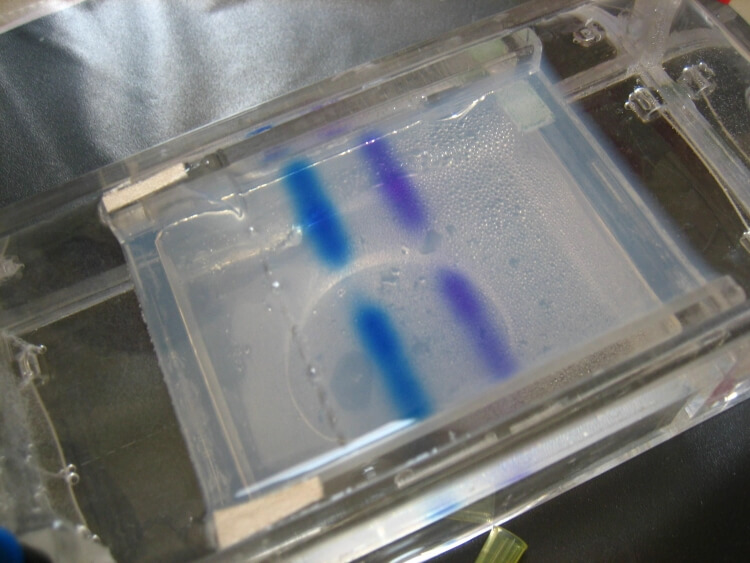3h
Sheep IL4(Interleukin 4) ELISA Kit
Sheep IL4(Interleukin 4) ELISA Kit
500pg/mL
3.2pg/mL
Sandwich
7.81-500pg/mL
Cytokine;Immune molecule;
ELISA Enzyme-linked immunosorbent assays Code 90320007 SNOMED
E05 478 566 350 170 or Enzyme-Linked Immunosorbent Assays,E05 478 566 350 170 or Enzyme-Linked Immunosorbent Assays
BSF1; BCGF1 ;B Cell Stimulatory Factor 1; Lymphocyte stimulatory factor 1; B Cell Growth Factor; Binetrakin; Pitrakinra
Interleukin 4 (IL4) is a cytokine that induces differentiation of naive helper T cells (Th0 cells) to Th2 cells. It is used for dendritic and T cell therapy. Upon activation by IL-4, Th2 cells subsequently produce additional IL-4 in a positive feedback loop. The cell that initially produces IL-4, thus inducing Th0 differentiation, has not been identified, but recent studies suggest that basophils may be the effector cell. It is closely related and has functions similar to Interleukin 13. Recombinant, GMP rec. E. coli interleukin-4 for cell culture supplied by GENTAUR. Free samples on request.
The test principle applied in this kit is Sandwich enzyme immunoassay. The microtiter plate provided in this kit has been pre-coated with an antibody specific to Interleukin 4 (IL4). Standards or samples are then added to the appropriate microtiter plate wells with a biotin-conjugated antibody specific to Interleukin 4 (IL4). Next, Avidin conjugated to Horseradish Peroxidase (HRP) is added to each microplate well and incubated. After TMB substrate solution is added, only those wells that contain Interleukin 4 (IL4), biotin-conjugated antibody and enzyme-conjugated Avidin will exhibit a change in color. The enzyme-substrate reaction is terminated by the addition of sulphuric acid solution and the color change is measured spectrophotometrically at a wavelength of 450nm ± 10nm. The concentration of Interleukin 4 (IL4) in the samples is then determined by comparing the O.D. of the samples to the standard curve.
